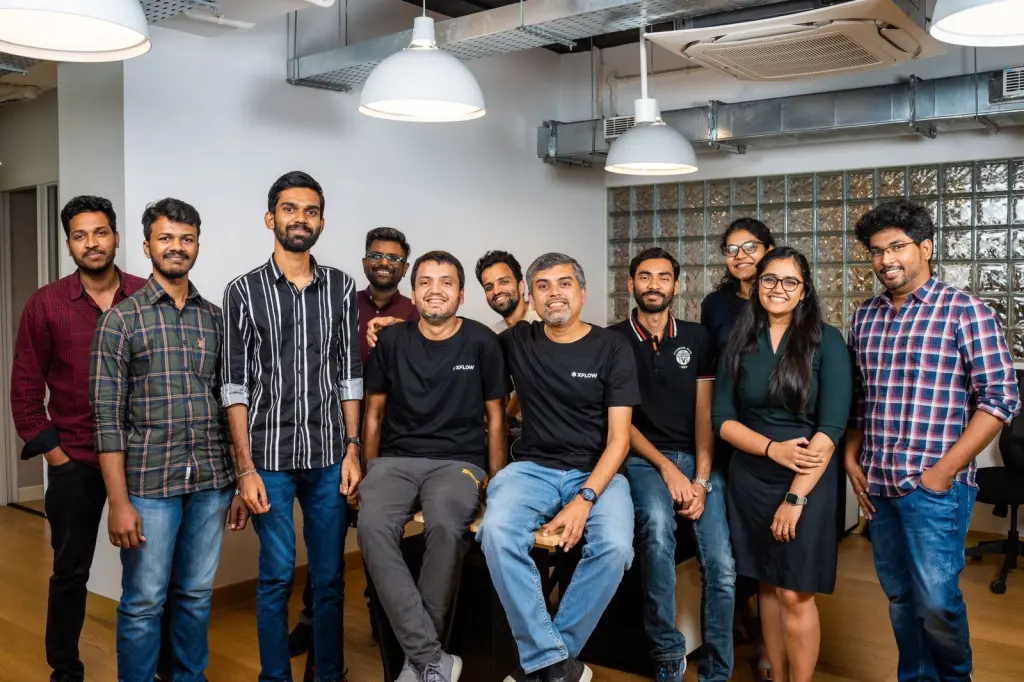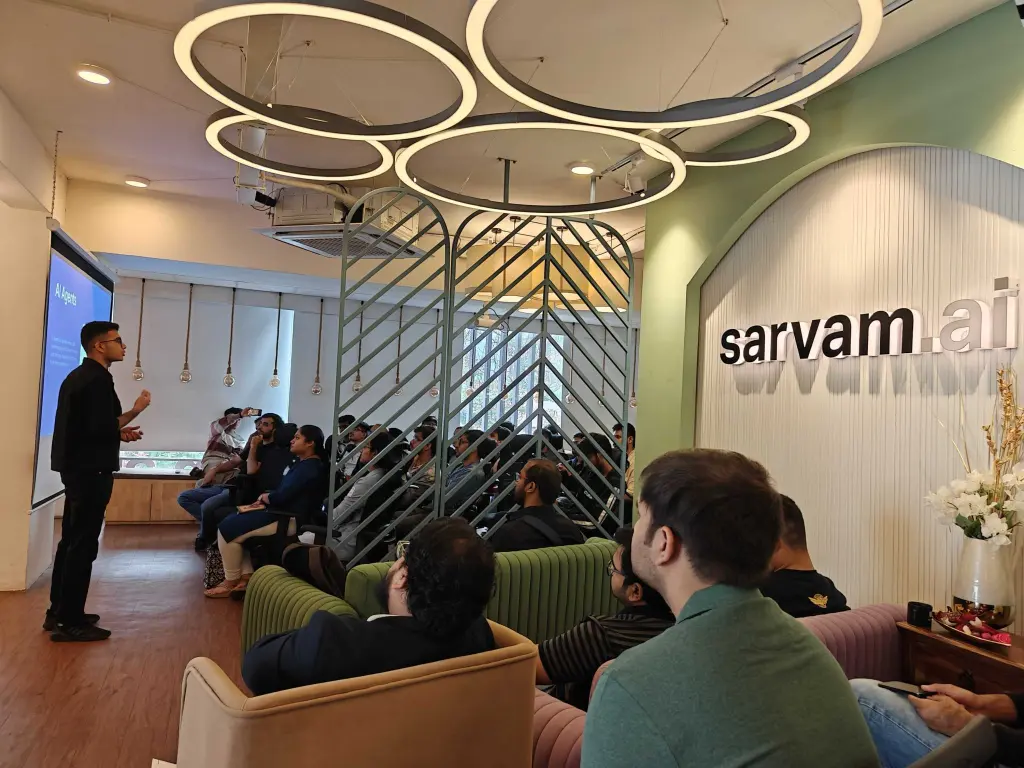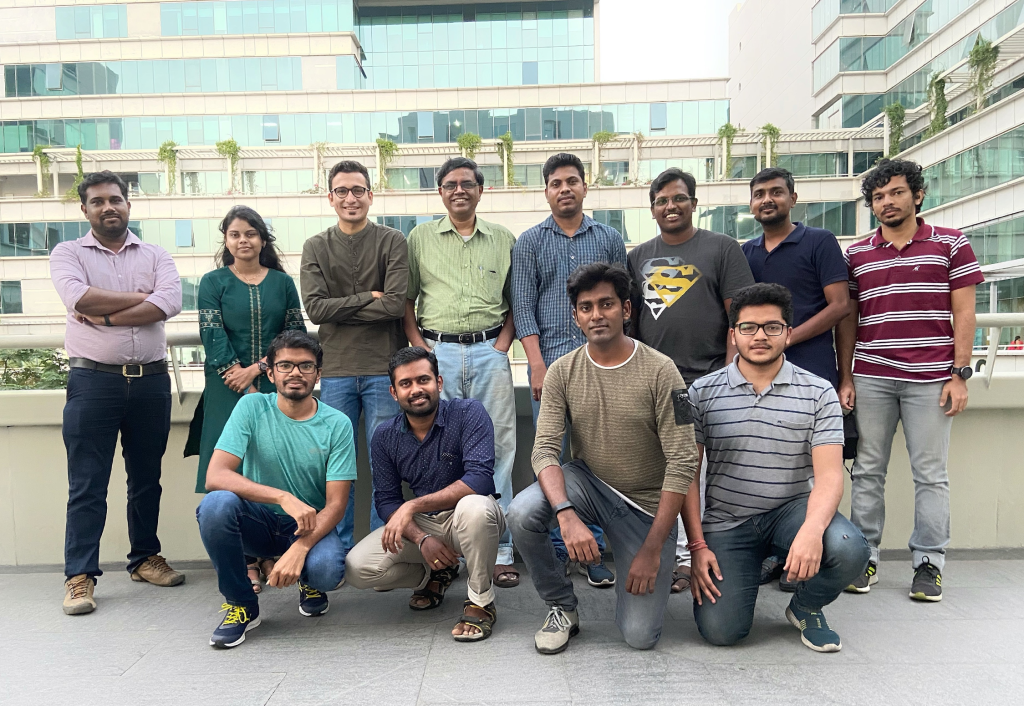Swiggy shuts down cloud kitchen brand The Bowl Company in Delhi-NCR
- ByStartupStory | November 30, 2022

Swiggy has shut down The Bowl Company in Delhi NCR, as it looks to shift the focus of its private label entities in southern cities of India. The Bowl Company consisted of many cloud kitchen outlets which provided services in the Delhi NCR region.
Swiggy has confirmed the shutting down of The Bowl Company, which had outlets in parts of Delhi and Noida. The entity remained operational until at least the first week of November 2022. Some of Swiggy’s other cloud kitchens in Delhi NCR such as Breakfast Express and Goodness Kitchen also appear to have shut down along with The Bowl Company.
“The expansion of The Bowl Company in Delhi/ NCR was an experiment we ran to bring new food experiences to users. This experiment has led to its due learnings, even as we focus on operational excellence for the brand. We will continue to invest and grow The Bowl Company in cities like Bangalore, Chennai, and Hyderabad…” a Swiggy spokesperson told The Indian Express.

Cloud kitchens are a phenomenon that has been popularised by food delivery platforms. They make use of a commercial kitchen for the purpose of preparing food for delivery or takeout only, with no dine-in customers, and typically allow the delivery companies to offer services at a higher margin compared to other restaurants listed on their platform. The segment initially started in India but with the onset of the Covid-19 pandemic, every restaurant essentially became a cloud kitchen.
Swiggy has previously shut down some of its cloud kitchens. In 2020, the firm shut down a number of its cloud kitchens in the wake of the coronavirus pandemic as it laid off more than 1,000 employees.
“We are choosing to scale down or shut down adjacent businesses that are either going to be highly volatile or will not be highly relevant for the next 18 months. The biggest impact here is on the cloud kitchens business, with many unknowns about volumes through the year,” Swiggy co-founder and chief executive Sriharsha Majety had written in an email to employees at the time.









